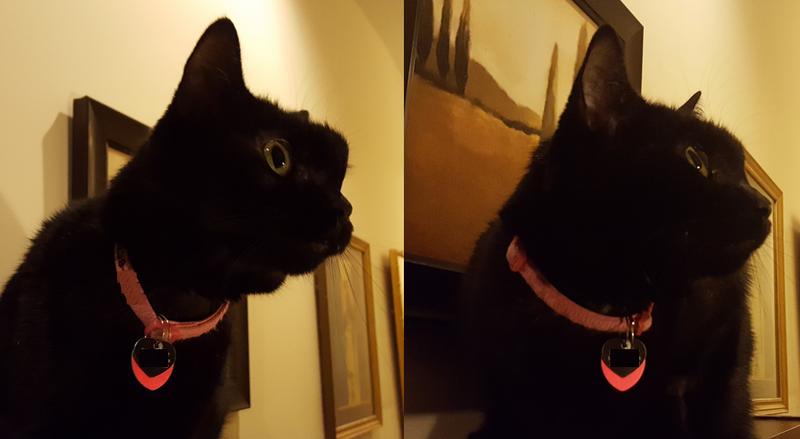
by Susan Richard
NEW YORK (1010 WINS) Your pet has cancer. Now what? Many people think they have no choice but to put their beloved animal to sleep, but that's not necessarily the case. With advancements in veterinary medicine, there are now more options than ever to potentially prolong the life of your cat or dog while maintaining a good quality of life.
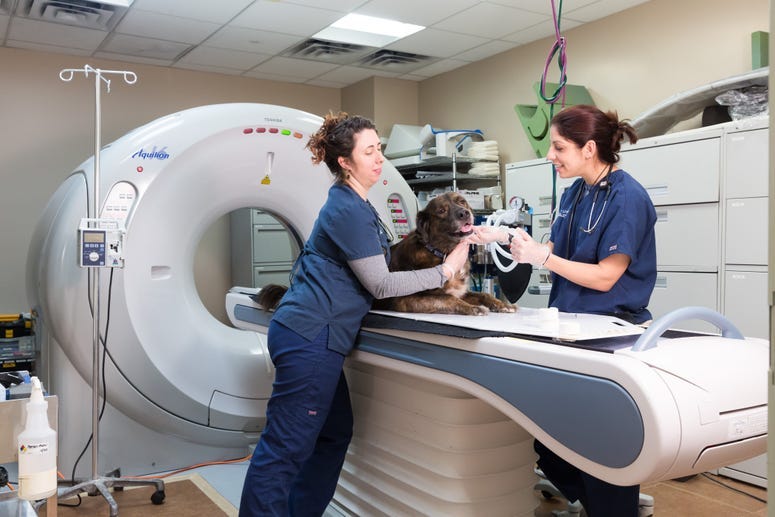
Common Cancers & Diagnosis
Lymphoma is the most common form of cancer in cats and dogs, according to Dr. Farrelly. But just like people, pets can also develop mast cell tumors, soft tissue sarcomas, nasal tumors, oral squamous cell carcinomas and many other common malignancies.
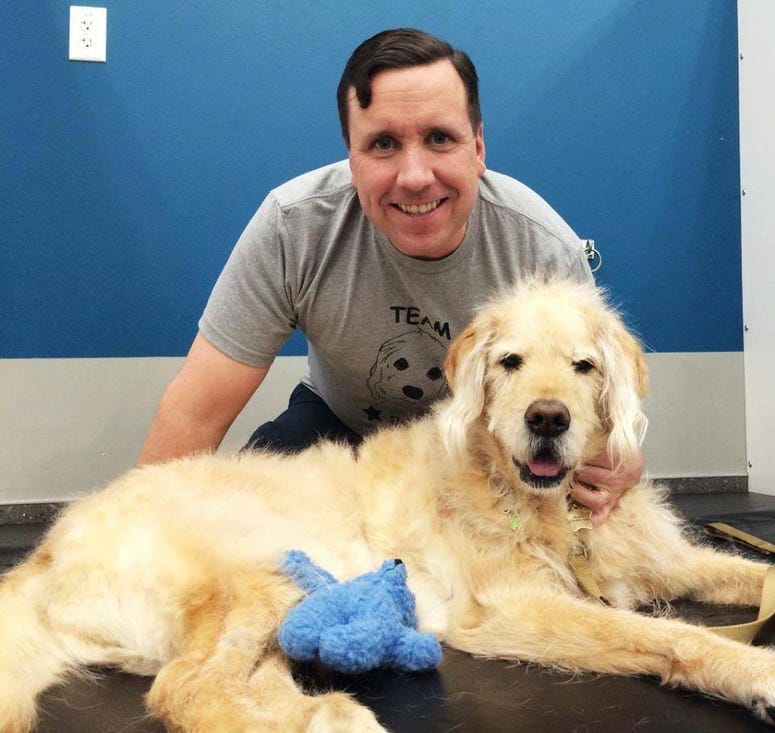
Just as with a human diagnosis, Veterinarians will use a combination of imaging as well as needle and surgical biopsies to determine whether a pet has cancer. For my cat Cheeks, a lesion on his nose turned out to be a squamous cell carcinoma (skin cancer), while a CT scan and subsequent testing revealed Sydney had a nasal tumor, after I rushed her to the ER with a nose bleed. (Watch the video to see their stories!)
Treatment
Surgery, chemo, radiation. That's usually the drill for people, and in many cases it's available for cats and dogs as well, with some variations.
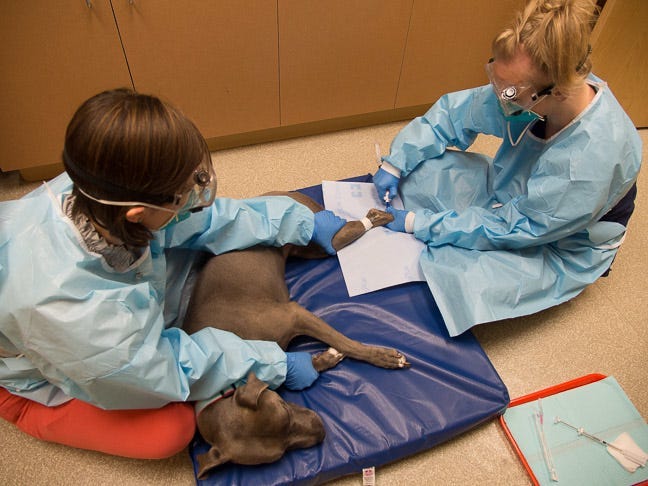
Chemotherapy is generally administered without anesthesia. Dr. Farrelly says most animals can be kept still by holding them "with a lot of TLC." He also notes that veterinary medicine is also making strides in immunotherapy.
As for side effects, they're often the same as in humans: nausea, vomiting, pain and hair loss. Managing side effects is part of any treatment protocol.
Deciding What To Do
There are a number of factors in determining whether to treat a pet that's been diagnosed with cancer.
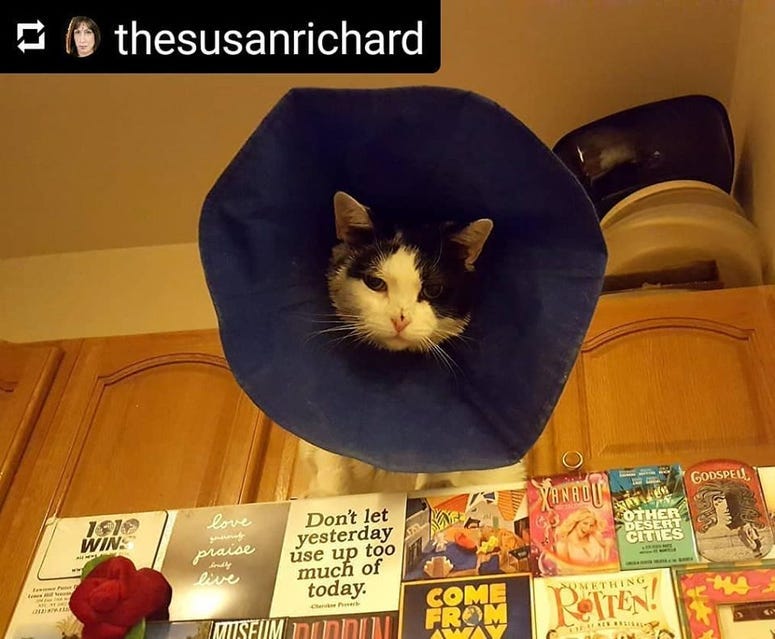
In Cheeks' case, a second surgery achieved clean margins. A year later, a new lesion appeared in the same spot, but a surgical biopsy revealed it to be benign. He sees BluePearl Dermatologist Dr. Jill Abraham every three months for a full body once over.
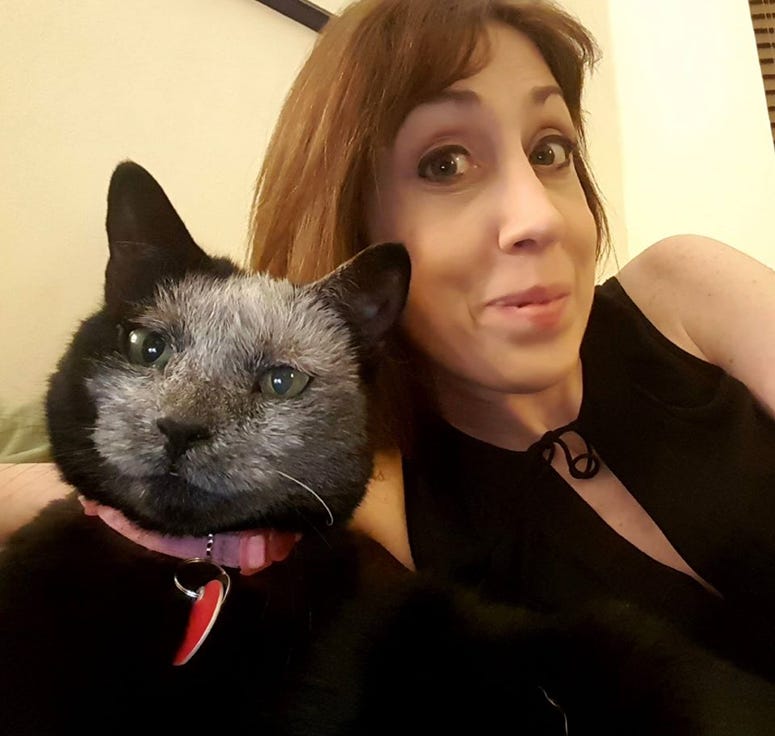
For untreatable cancers, it's all about comfort care. In fact, Dr. Farrelly notes that some pet parents are under the false impression that a cancer diagnosis means they need to put their animal to sleep immediately.
"I do have people come into see me who ask if I need to put them to sleep right away and I say, is he eating? Is he having a good time? Does he like to run, go for walks, jump up on the bed? And if all those things are happening or even if some of them are happening, it doesn't necessarily mean they need to be put to sleep, " says Dr. Farrelly. "Maybe they're going to have some good quality time, and there are pain medications we can use. Palliative radiation can help with pain in certain patients and certain tumors. We can treat infections to try and keep them comfortable and get some good quality time."
Financial Considerations
Cancer treatment for pets is expensive, which is part of the reason why I'm an evangelist for pet insurance, but there are a number of options for those who can't afford it.
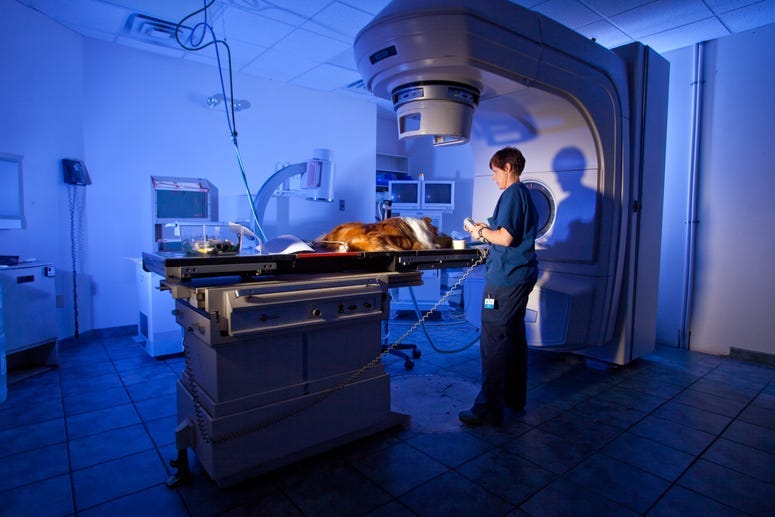
Other non-profits that offer assistance include (partial list): Animal Cancer Foundation, The Brodie Fund, Joshua Louis Animal Cancer Foundation (Dr. Joshua Louis Lachowicz is also a BluePearl Oncologist), and The Onyx & Breezy Foundation.
The Petco Foundation has a good resource guide HERE. The Humane Society also has one HERE. Another option is Care Credit which provides financing for veterinary care. Get info HERE.
Learn more about BluePearl Pet Hospitals HERE.
Follow Cheeks and Sydney on Instagram @realhousecatsny. Get more cool videos for pet parents at AllForAnimalsTV.com and on FB & IG @allforanimalstv.
Now scroll back up and watch my video! Thanks.
